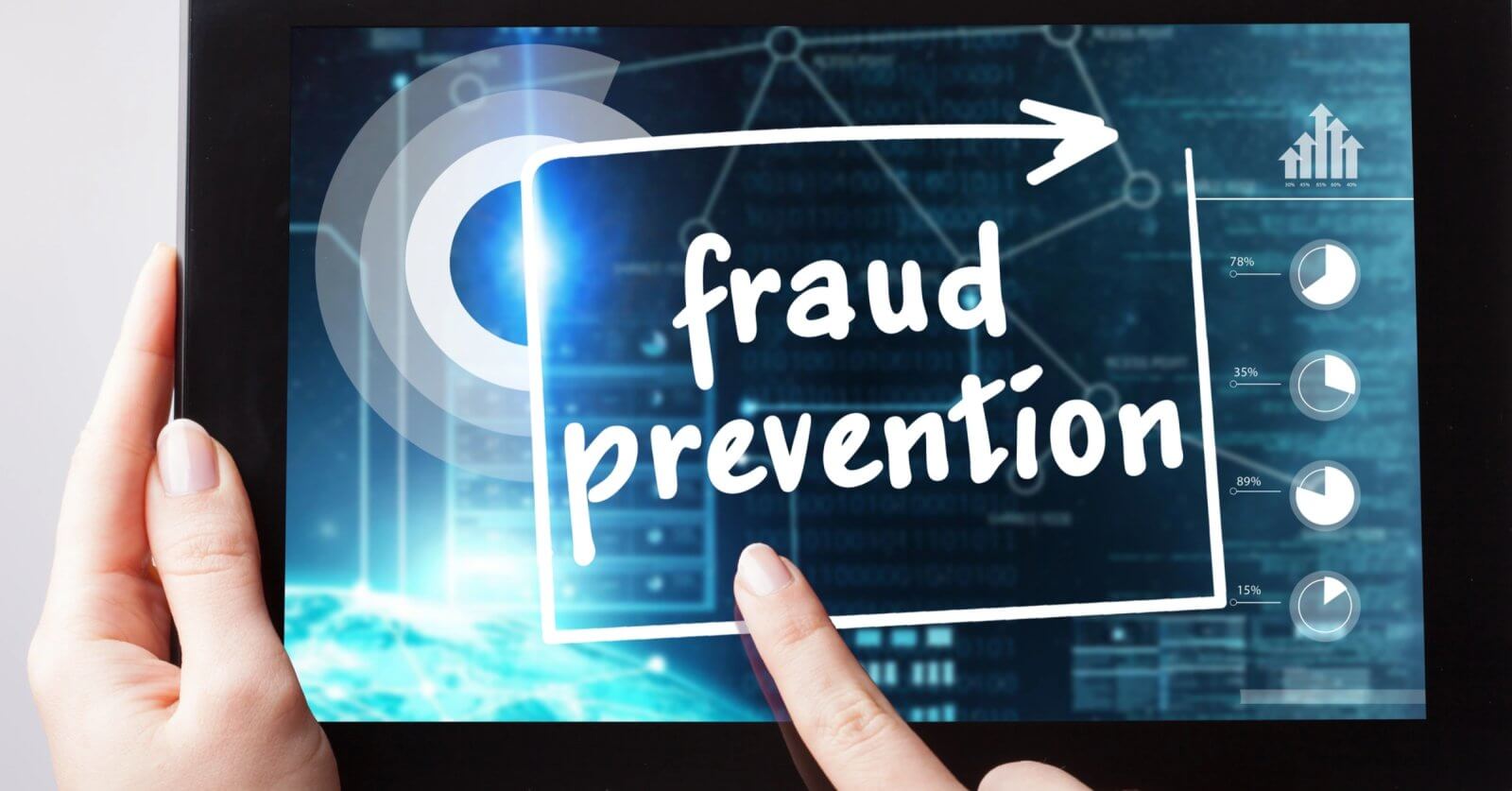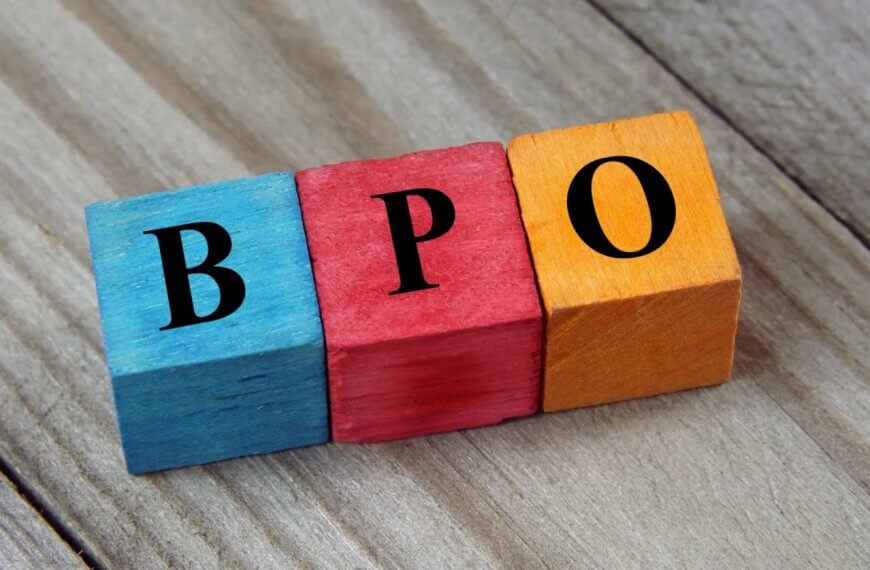When cybercrime strikes, knowing where to turn is essential. Metro Manila has established several cybercrime offices dedicated to helping residents navigate the complex world of digital threats. These offices are here to assist in cases of online fraud, hacking, harassment, and more, providing not only technical support but also guidance on how to protect yourself in the digital age. Whether you’re dealing with data theft or seeking advice on cyber safety, each office has specialists equipped to handle cyber incidents promptly and professionally. With these resources, residents of Metro Manila are never far from expert help that prioritizes their digital security and peace of mind.
These cybercrime offices aren’t just for emergencies. They are also invaluable for learning about preventive measures to safeguard your information online. Many offer workshops or public advisories, helping citizens stay one step ahead of potential cyber threats. Their teams are trained to understand the latest cybercrime trends and tech, meaning you’ll get support that’s current and effective. So, whether you’re dealing with a specific incident or just want to feel more secure online, these offices provide a solid foundation of assistance and education for everyone in the Metro area.
11 Cybercrime Help Centers in Metro Manila You Need
| Cybercrime Unit | Address | Website | Telephon |
|---|---|---|---|
| Cybercrime Investigation and Coordinating Center (CICC) | Diliman, Quezon City, Metro Manila | https://dict.gov.ph/cybercrime-investigation-and-coordinating-center-cicc/ | +63270919513 |
| PNP-Manila Anti-Cybercrime Team | United Nations Ave, Ermita, 1000 Metro Manila | Not found. | +639959732432 |
| ANTI-CYBERCRIME GROUP | PNP-ACG, Camp Crame, Quezon City | +639985988116 | |
| PNP Anti-Cybercrime Group Building | Santolan-annapolis, Epifanio de los Santos Ave, San Juan, 1502 Metro Manila | Not found. | Not found. |
| National Cybercrime Hub | Rizal Drive, Taguig, Kalakhang Maynila | Not found. | +63270919513 |
| Cybercrime Complaint Center | Jb Crystal Building, Quirino Hwy, Quezon City, 1123 Metro Manila | https://cybercrimecomplaintcenter.com/ | +639553194807 |
| CICC Bgc | Rizal Drive, Taguig, Kalakhang Maynila | https://dict.gov.ph/cybercrime-investigation-and-coordinating-center-cicc/ | Not found. |
| International Cybercrime Consulting Corporation | 3rd Floor, Salcedo One Center (Formerly Builder’s Center Building, 170 Salcedo, Legazpi Village, Makati, 1229 Metro Manila | https://cybercrimeconsultant.com/ | +63279020900 |
| Regional Anti-Cyber Crime Unit 4A | Admin Bldg, Camp Vicente Lim, Yulo Ave, Calamba, 4027 Laguna | https://dict.gov.ph/cybercrime-investigation-and-coordinating-center-cicc/ | +639985988103 |
| Regional Crime Laboratory Office – Regional Tactical Operations Center – Police Regional Office 3 | Camp Olivas, MacArthur Highway, San Fernando, 2000 Pampanga | Not found. | +63458602931 |
| DOJ Office of Cybercrime | 3rd Floor JDC Building, 571 Engracia-Reyes Street, | https://web.facebook.com/OfficeofCybercrimePH/?_rdc=1&_rdr | 63285248216 |
Navigating cybercrime can be overwhelming, but Metro Manila’s cybercrime offices are here to make it easier and more accessible for everyone. Visiting these offices can be the key to understanding your rights and the actions you can take if you’ve been affected by a cyber-related incident. Plus, their locations are strategically chosen, close to popular areas, making it convenient to stop by while you’re out and about in the city.
For those who want to get proactive, these offices can help you implement steps to protect your accounts, sensitive information, and overall online presence, making each visit truly worth it. Cybercrime in the Philippines has increased over the years, but with the help of these teams, you’ll have the knowledge and support you need to face online challenges with confidence.
Don’t wait until an incident happens—familiarize yourself with these offices now. Share this list with friends and family to keep them informed too. It’s more than just a list of offices; it’s a step toward a safer online community, where every visit counts toward better protection and peace of mind. After all, knowing where to go for help is sulit, both for today and for your future online safety.
Victim of Cybercrime Incident? Here are 10 FAQ you should read
1. What should I do if I’ve been hacked?
First, stay calm. Start by securing your accounts—change your passwords, enable two-factor authentication, and monitor your recent activity. Then, report the incident to a local cybercrime office or relevant authority to ensure it’s documented and they can guide you on next steps.
2. Where can I report cybercrime in the Philippines?
You can report it to the Philippine National Police Anti-Cybercrime Group (PNP-ACG) or the National Bureau of Investigation (NBI) Cybercrime Division. Many cities also have dedicated cybercrime offices for local support, so check your area for the nearest one. Use the numbers above to contact CICC
3. How do I protect myself from future cyber threats?
Prevention is key. Update passwords regularly, enable strong authentication on your accounts, and be cautious with sharing personal information online. Awareness of phishing attempts and suspicious links can also help you dodge many common threats.
4. Can I recover my lost data or money?
Recovery depends on the specific case. While lost data can sometimes be restored through backups or professional recovery services, getting stolen funds back can be tricky. Reporting promptly increases your chances, as authorities can trace transactions and assist in asset recovery if possible.
5. What are the most common cybercrimes I should look out for?
Phishing, hacking, online scams, and identity theft are the big ones. Be wary of emails and messages asking for personal info or urgent actions, as these are often used in phishing scams. Online shopping scams and investment frauds are also common—always verify sources before making transactions.
6. How long does a cybercrime investigation take?
The timeline varies. Simple cases like phishing scams may take a few weeks, while complex ones like financial fraud can last months. Cooperate with the investigators and provide any requested information promptly to help speed up the process.
7. Can I press charges against the perpetrator?
Yes, if there’s enough evidence, charges can be filed. Law enforcement agencies can assist in gathering information and building a case. You may need a lawyer to pursue this fully, especially for cases involving financial or reputational damage.
8. Will my privacy be protected during the investigation?
Absolutely. Cybercrime offices and law enforcement agencies are committed to keeping your information confidential. They follow strict protocols to ensure your privacy throughout the process and only use the information to build your case.
9. Are there any online resources to help educate myself on cyber safety?
Yes! Many cybercrime units provide resources online to help the public understand cyber threats better. Websites like the Cybercrime Investigation and Coordinating Center (CICC) in the Philippines and cybersecurity blogs can be very helpful.
10. What should I do if my social media accounts are compromised?
Immediately change your passwords and log out of all sessions. Notify your followers about the breach, as hackers often use compromised accounts for scams. Then, report the breach to the platform’s support team, as they can offer additional assistance in securing your account.
Navigating the aftermath of cybercrime can feel overwhelming, but knowing your next steps makes a huge difference. These FAQs are here to empower you with the information you need, whether you’re securing accounts, reporting an incident, or just learning how to prevent future issues. Staying informed and taking action right away can protect both your peace of mind and your online presence.
Remember, resources like local cybercrime offices, law enforcement agencies, and cybersecurity guides exist to help you through these situations. You’re not alone in this, and with a little preparation, you’ll be better equipped to handle cyber threats with confidence. Plus, sharing this knowledge with family and friends can make a big difference in helping them stay safe online too.
Facing cybercrime may be tough, but by staying alert, taking steps to secure your accounts, and reaching out to the right support, you can turn a challenging experience into a valuable learning moment. Protecting yourself online is worth the effort—and it’s always sulit to be proactive when it comes to your digital safety.
























